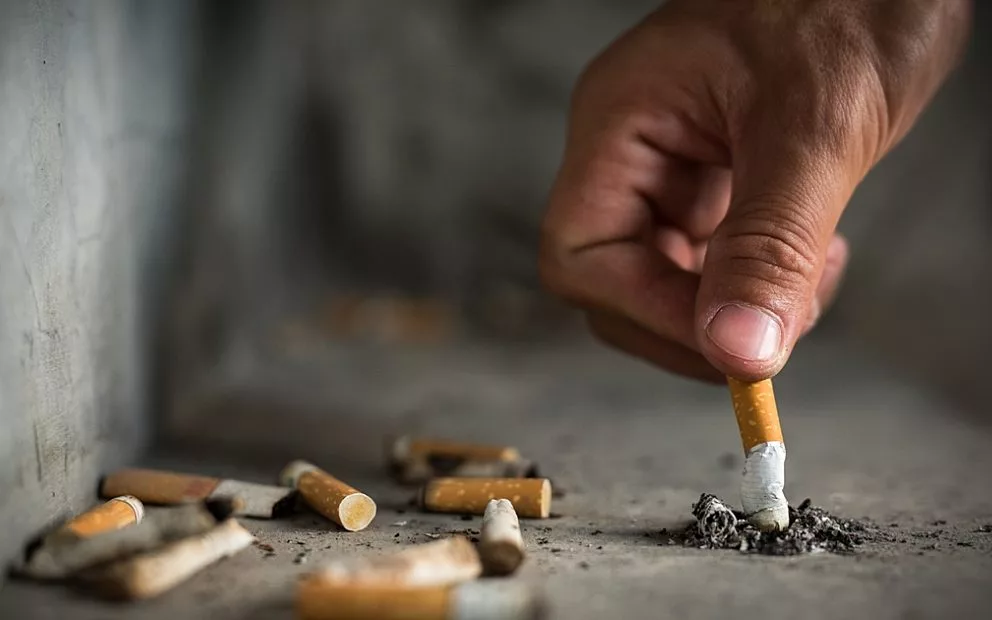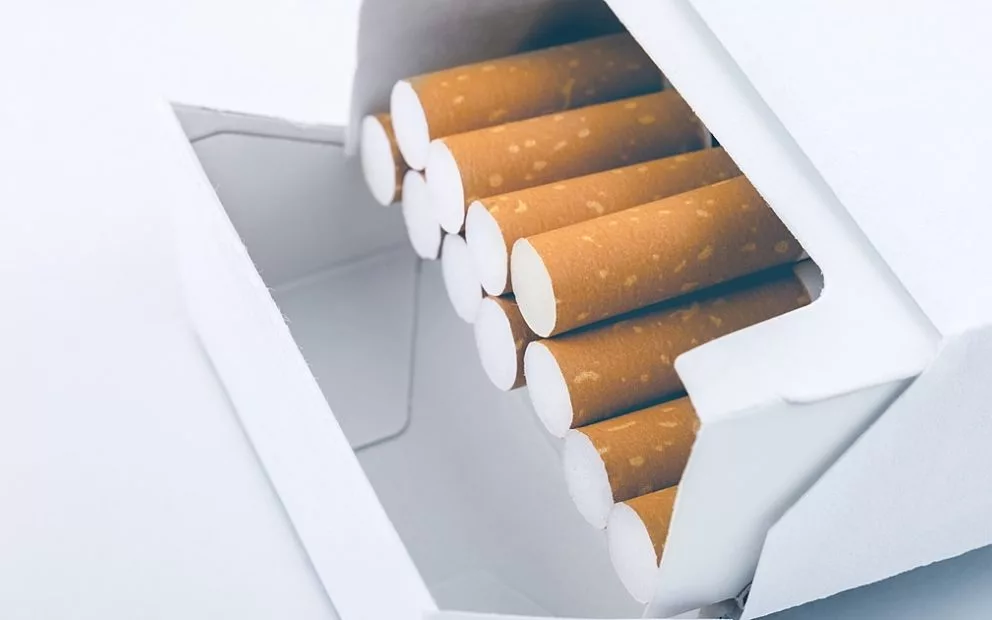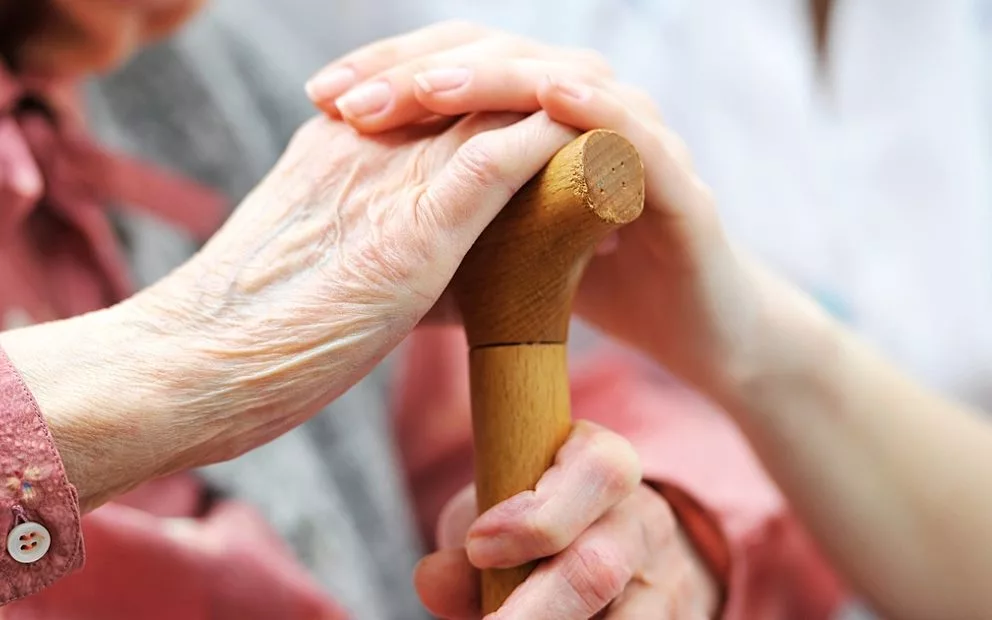Health professionals see the Quitline as a culturally appropriate service for Aboriginal people wanting to quit smoking, according to a new study.
The study, which was conducted by the South Australian Health and Medical Research Institute (SAHMRI) and released last week, found that health professionals working within Aboriginal communities across South Australia believe the Quitline is an effective, culturally sensitive service in supporting Aboriginal clients to quit smoking.
“The latest data is really positive and demonstrates that community-led programs really do work in engaging Aboriginal clients,” said Jacqueline Bowden of SAHMRI.
“The recent survey of health professionals indicates the Quitline is seen as a trusted service that health professionals feel confident in referring their Aboriginal clients to.”
Cancer Council SA’s Aboriginal Programs Coordinator, Nathan Rigney says the Quitline has adopted a range of techniques to effectively engage with the South Australian Aboriginal community.
“We employ an Aboriginal Quitline counsellor who is trained in narrative therapy counselling, which is a respected and recognised approach to Aboriginal people in the ways of what we would call yarning,” he said.
“Over the course of many years, the Quitline Aboriginal Liaison Officers have partnered with organisations and have attended community events to create a presence in the community.
“When people now see us out in the community, they see a friendly face that they recognise and are comfortable to come up to us for a chat.”
The daily smoking rate for Aboriginal and Torres Strait Islander people aged 18 and over in South Australia was 38.2% in 2014/15, and according to Cancer Australia, Aboriginal and Torres Strait Islander people are almost twice as likely to develop and/or die from lung cancer as non-Indigenous people.
With November marking Lung Cancer Awareness Month, it is a timely reminder for all smokers to consider calling Quitline. Mr Rigney says health professionals can play a meaningful role in helping their clients quit smoking by calling the Quitline and actively referring clients for counsellors to contact.
“The Quitline counsels around 300 Aboriginal clients from South Australia per year, and around 80% of these clients are directly referred to Quitline by a health professional,” he said.
“It really highlights the importance of direct referrals in getting people engaged with Quitline, and we encourage all health professionals to become familiar with the Quitline online referral form.”
For health professionals wanting to make a referral to the Quitline, please call 13 78 48 or visit the Quitline website.



